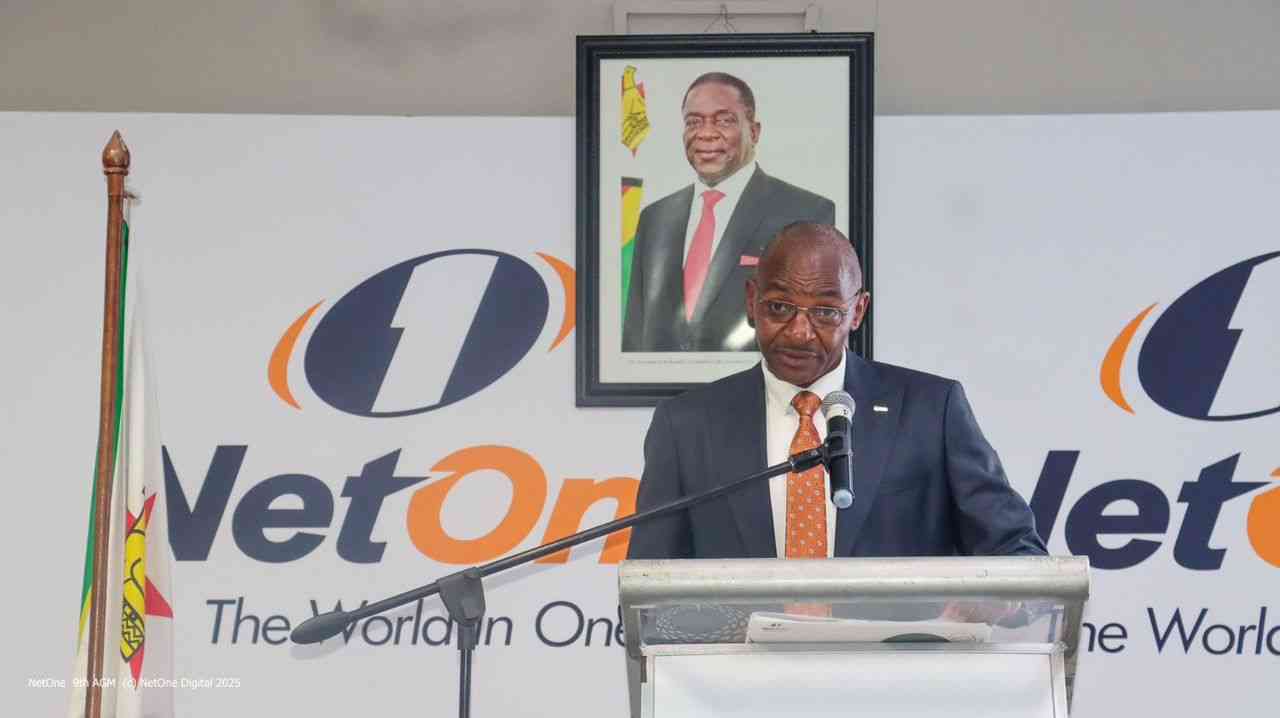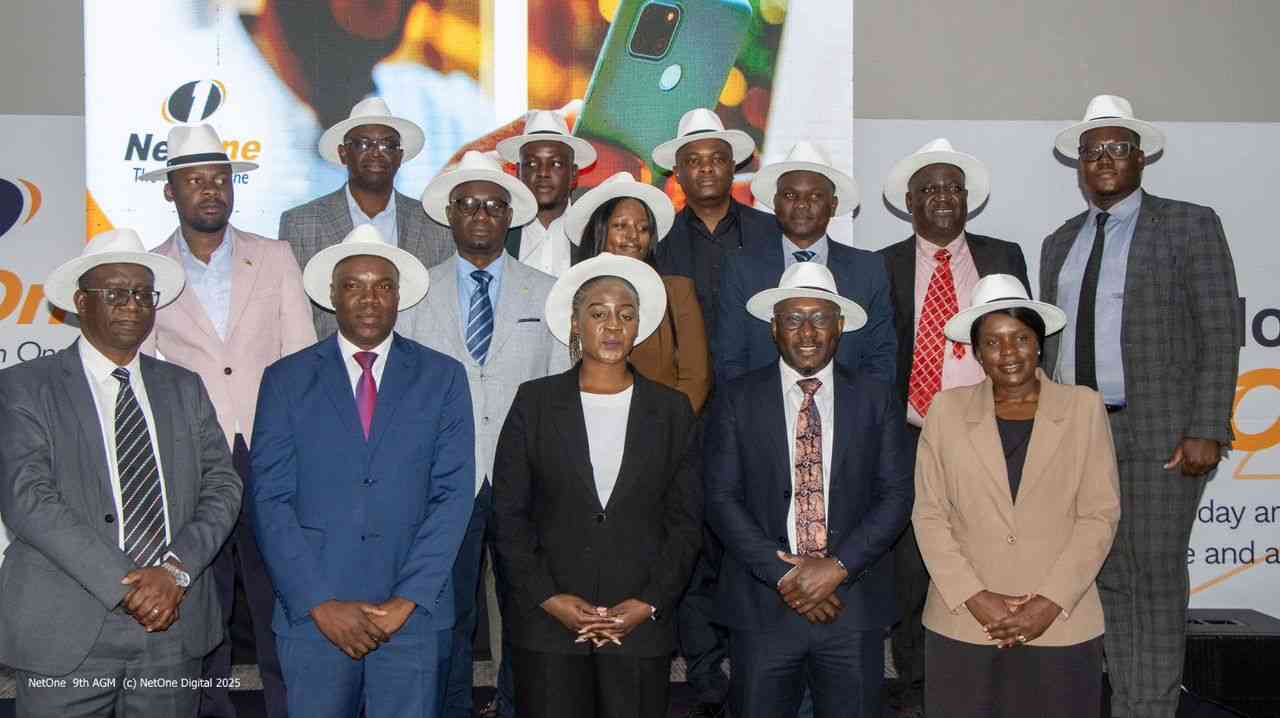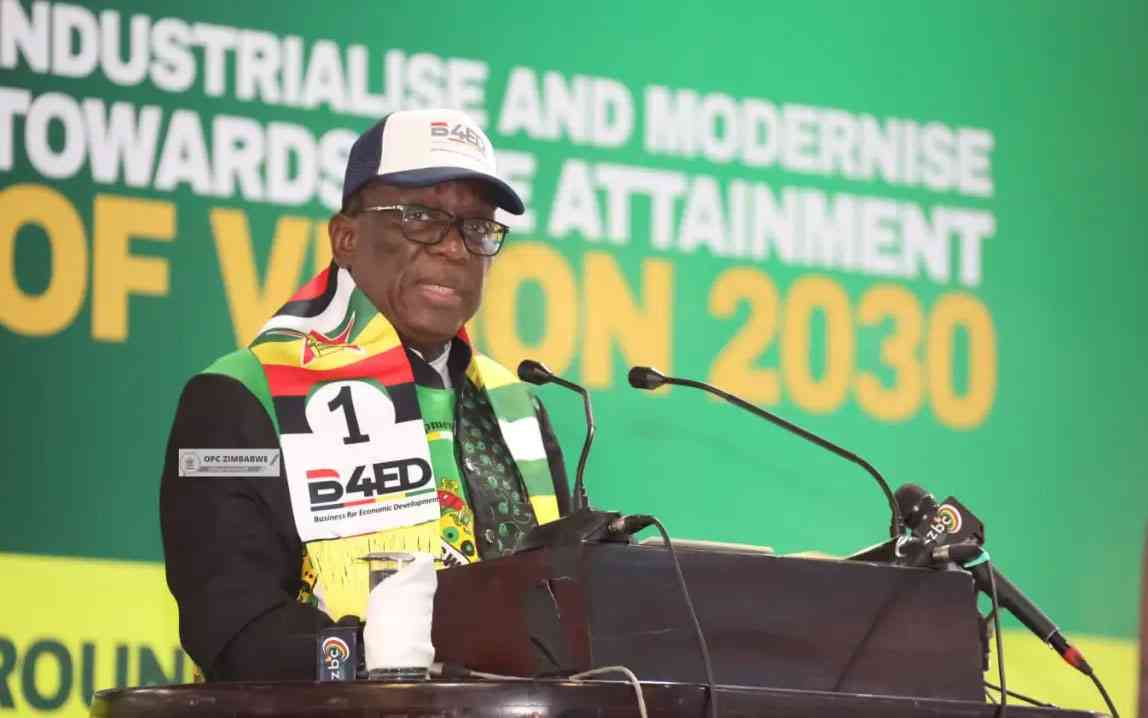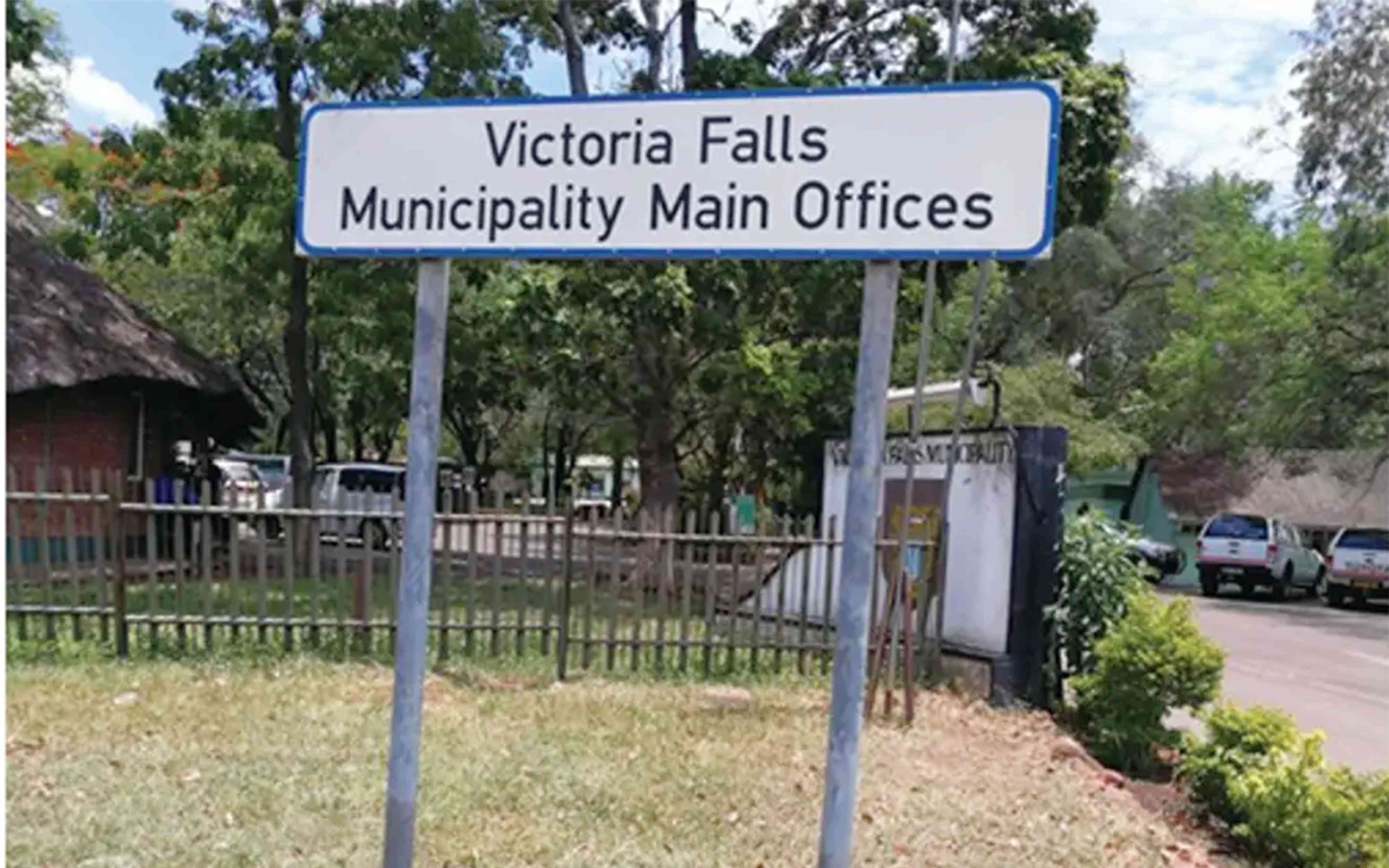
Zimbabwe’s state-owned mobile operator NetOne has delivered one of the most emphatic performances in its history, posting record growth in revenue and profits while accelerating the rollout of high-speed 4G and 5G services in a bid to outpace private-sector rivals.
At its annual general meeting, the group unveiled a 62% jump in revenue over the past year, powered by a surge in demand for mobile data and voice services.
NetOne Group chief executive officer Rapheal Mushanawani said the revenue growth was driven by strong performance in data and voice products.
"Financially, the AGM confirmed encouraging signals. Revenue rose by 62% compared to prior year, driven primarily by strong performance in data and voice products," Mushanawani said.

Earnings before interest, tax, depreciation and amortisation soared by 68%, a result the NetOne boss said proved the company’s “resilient commercial model” in the face of economic volatility, currency instability and rising costs.
"NetOne posted a healthy 68% increase in EBITDA, reflecting efficiency in operations and a resilient commercial model. Despite macroeconomic volatility, the company continues to demonstrate that it can navigate a complex environment while building long-term value."
The standout figure was a 110% leap in data revenue, underscoring a decisive shift in the country’s communications habits. As Zimbabweans turn to cloud-based platforms for work, study and entertainment, NetOne has capitalised with aggressive investment in its network, pushing into areas long underserved by reliable connectivity.
- High Court throws out ex-NetOne boss application
- TelOne MD confident after forex-indexed product launch
- Potraz licences new mobile operator
- NetOne, ex-CEO residence case postponed
Keep Reading
"NetOne registered a remarkable 110% growth in data revenue, reinforcing its strategic shift towards digital connectivity as Zimbabweans increasingly turn to cloud-based communication, remote work tools, and e-learning platforms," he added.
In the past 12 months, the operator deployed 86 new base station sites nationwide, including 264 LTE installations and 16 with full 5G capability. Every new site offers at least 4G speeds, a standard Mushanawani insists is non-negotiable.
The scale of the rollout is notable in a sector battling severe headwinds: currency depreciation that slashes the value of local earnings, import costs inflated by exchange rate swings, and power cuts that can cripple base station uptime.
NetOne’s ability to grow margins while investing heavily suggests disciplined cost management and rising customer loyalty.
The entry into 5G territory — still embryonic in Zimbabwe — positions the company for potentially lucrative new markets, from corporate solutions and high-definition streaming to precision agriculture. However, uptake will hinge on the affordability of 5G-enabled devices and competitive data tariffs.

For the wider economy, NetOne’s growth offers a rare dose of optimism.
Telecoms remains one of the few sectors capable of boosting export revenues via roaming and cross-border data traffic while laying the foundation for other industries to digitise.
Economist note that without reliable high-speed internet, Zimbabwe will struggle to compete for investment in technology, finance and outsourcing.
But sustaining this trajectory will demand deft navigation.
The local currency’s instability continues to pressure operators to charge in US dollars, which risks pricing out lower-income users. Regulatory hurdles, including spectrum allocation and foreign currency retention thresholds, also weigh on strategic planning.
With rivals such as Econet also racing to expand their 4G and 5G networks, the battle for market dominance is intensifying.
NetOne’s record-breaking year, however, signals that the state-owned contender is no longer content to play catch-up — it intends to set the pace in Zimbabwe’s digital future.











